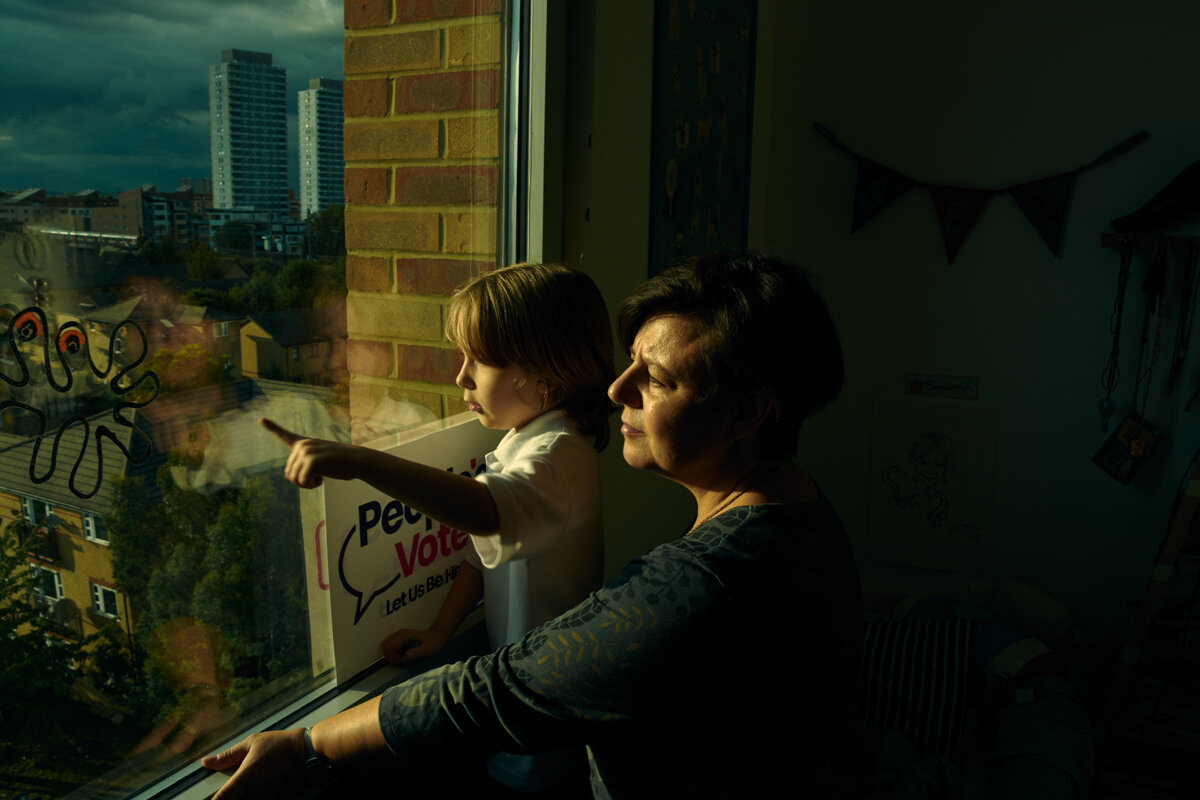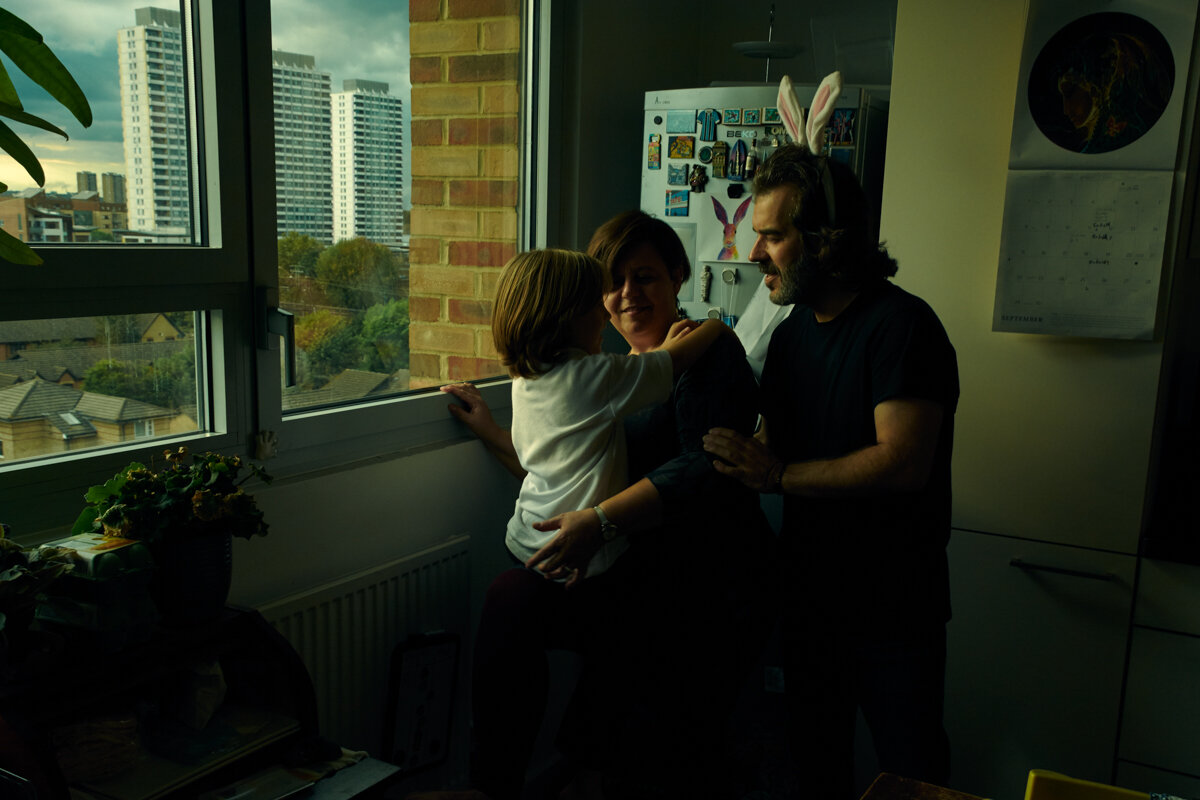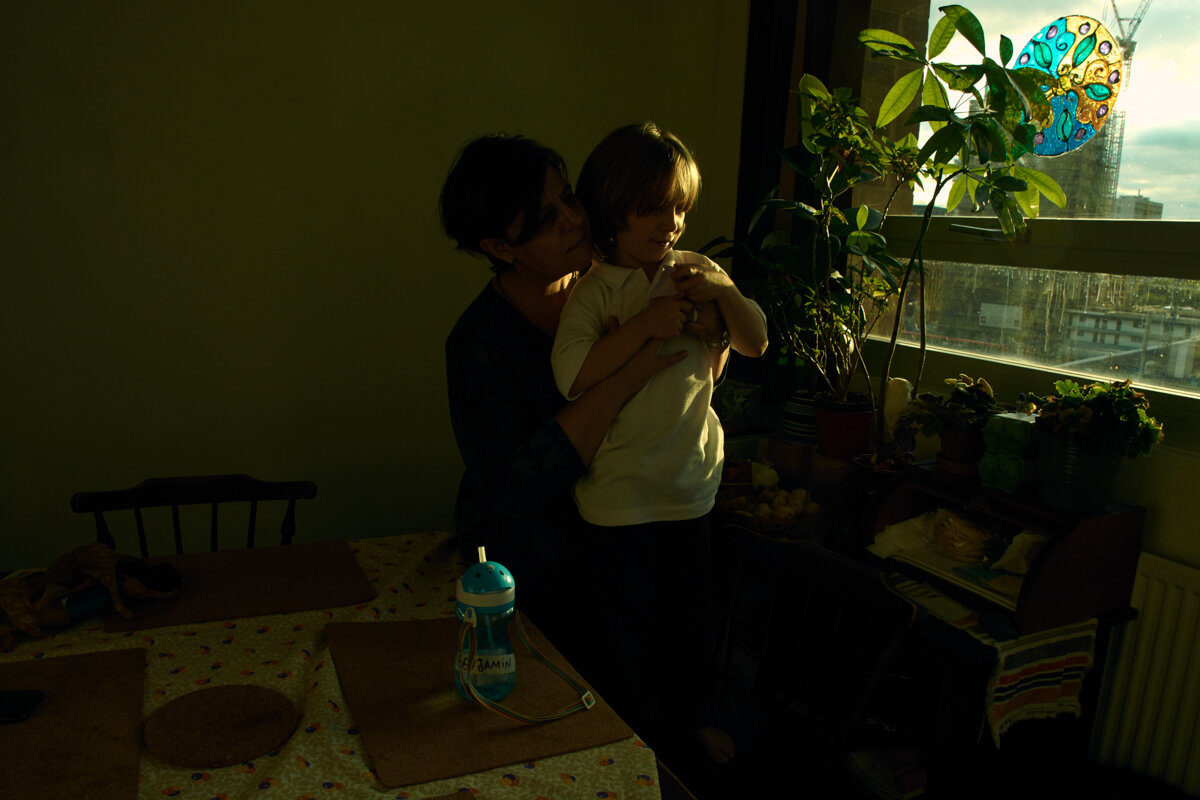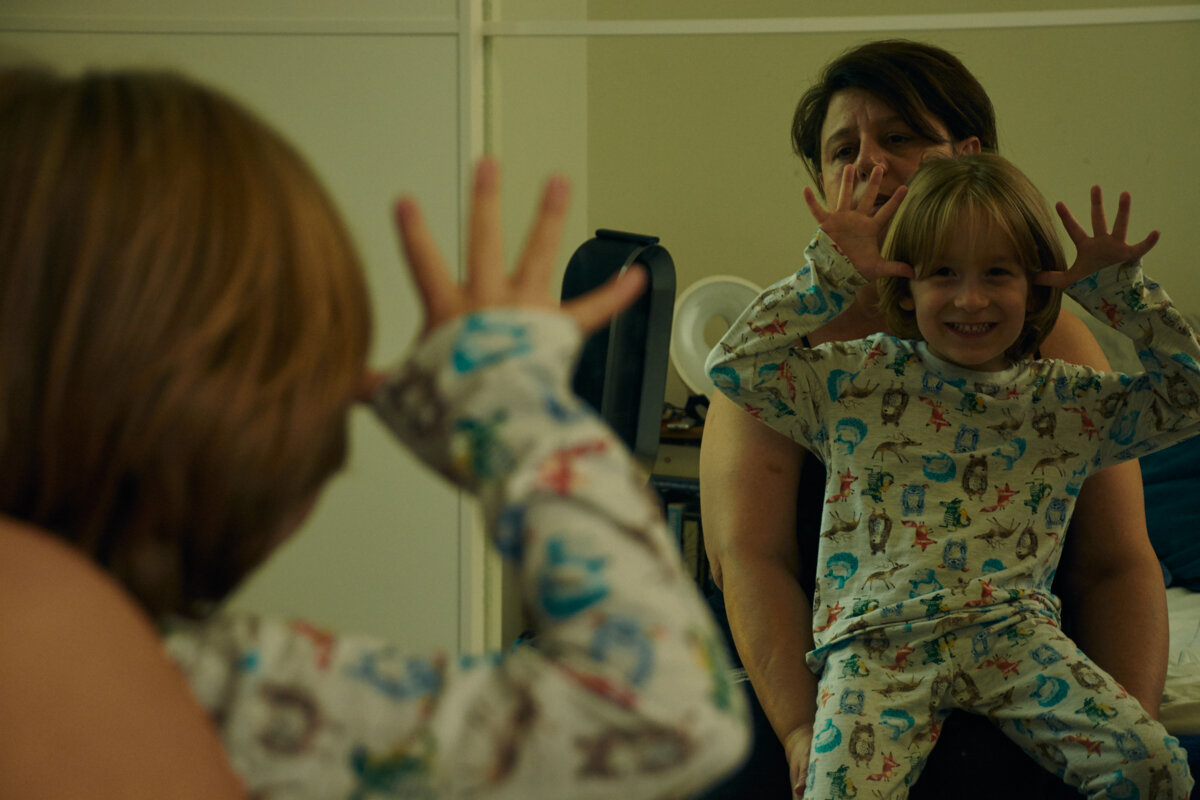This post is also available in audio form:
Coexistence is a fashion editorial that I shot for the cover of C-Femme Magazine back in 2015. The inspiration behind the shoot came from the question: how can we exist in harmony despite our different ideologies? The fashion story depicts the clash between cultures, in this case, humans vs out of space visitors, trying to find commonalities in spite of their differences. Back in July 2020, Chantal Miller and I discussed the idea of Coexistence and the steps that we need to take in order to live in peace within our communities. You can listen to the conversation on the audio version of this post or in your favourite podcast platform.
Chantal Olivia Miller is the founder of Island Girls Rock, a platform that champions women of Caribbean descent in the UK. She is also a producer/presenter (radio and podcasts), she runs digital storytelling workshops and curates exhibitions and panel discussions exploring Caribbean representation in mainstream media.
I shot this editorial at the end of 2015, a year that felt to me like the beginning of the wave of extremism that we have been living over the past few years. During 2015, Daesh radicalisation cost the lives of so many. Also, the attacks towards Turkish people in Ankara, French people with both Charlie Hebdo and the Paris attacks, and people in the US with the Charleston church and the San Bernardino shootings dominated the media.
Freddie Gray was killed in police custody in Baltimore and the case against his killers concluded with zero convictions against any officers. As if that weren’t enough, Trump entered the race for president of the US. And, to top it all, the refugee crisis of people feeling Syria sparked new waves of xenophobia that resulted in the success of movements in Europe like the Brexit campaign.
At the end of the discussion, Chantal and I agreed that the case for coexistence starts with respect. Equality doesn’t mean sameness. It means respecting our differences. We must acknowledge that we are different, but we must make the effort to find the commonalities that will bring us together as a community.
Do you like what you just read? Consider becoming a patron on patreon.com/jccandanedo where you can learn more about my creative process and the stories behind my images. I’d love to have you as part of my Patreon community.
Do you like what you just read? Subscribe to my weekly blog posts here! You may subscribe to the audio version wherever you get your podcasts.









